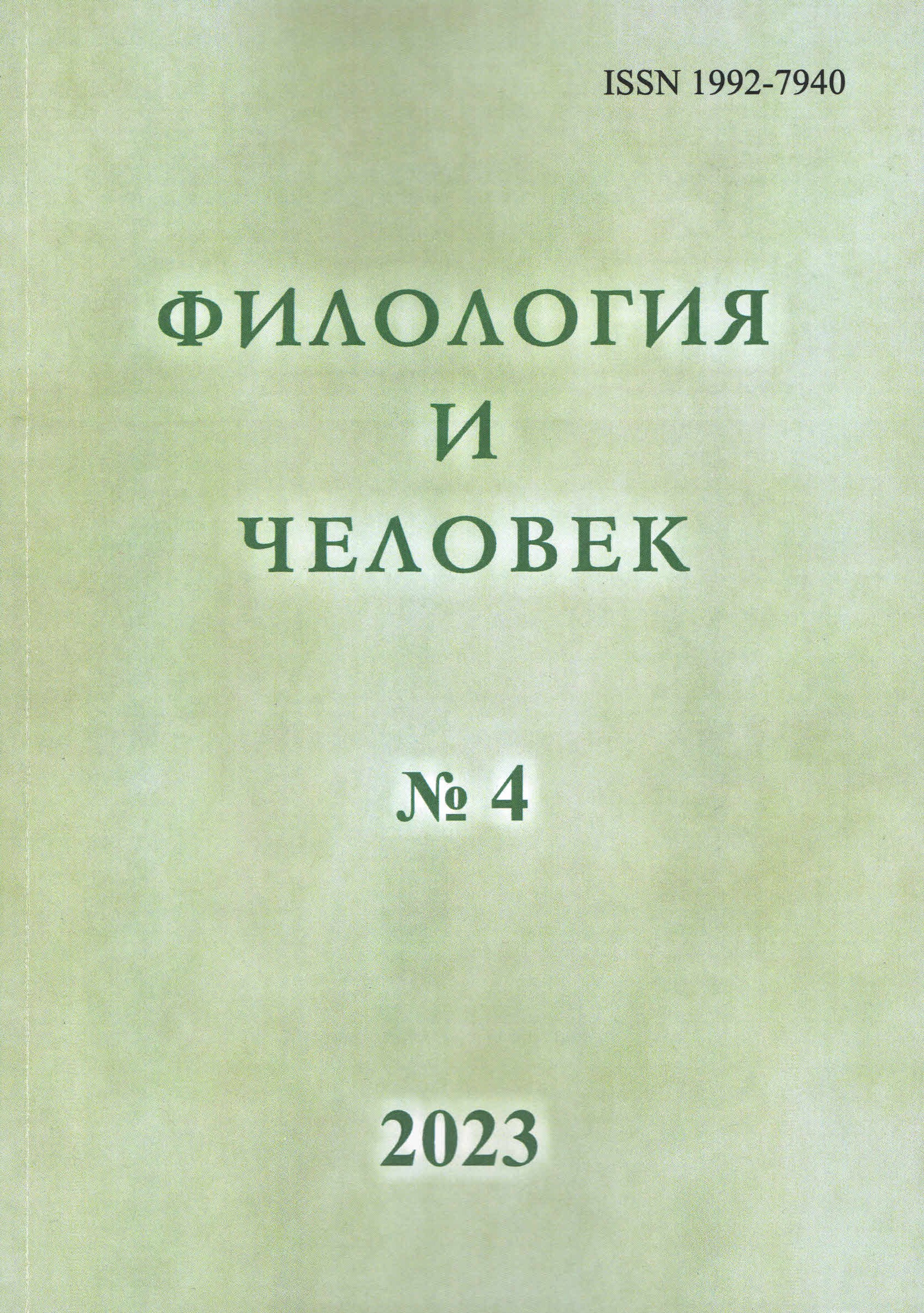“The Translator’s False Friends” in the Financial and Economic Lexicon (Based on the Material of English and Russian Languages).
Abstract
This article discusses the category of words that have received the definition of “the translator’s false friends” and can cause deceptive associations with the units of the native language and, accordingly, lead to numerous errors in the translation process. Along with the term “the translator’s false friends”, the widely used term “interlanguage homonyms” is also applied to denote words that coincide or are similar in sounding and the way they look, but differ partially or completely in their meaning. The aim of the research is to identify the translation specifics of interlanguage homonyms from the financial and economic sphere on the material of English and Russian languages. The structural-semantic and comparative analysis of “the translator’s false friends” in modern business terminology is carried out. The topicality of the chosen subject is explained by the fact that interlanguage homonyms, resulting from the mutual influence of languages and historical links or pure coincidences, often lead to serious errors in translation and disrupt the process of communication.
Downloads
Metrics
References
Агаркова О.А. Французский язык и «ложные друзья переводчика» // Альманах современной науки и образования. Тамбов, 2009. № 2. Ч. 1.
Акуленко В.В. Англо-русский и русско-английский словарь «ложных друзей переводчика». М., 1969.
Акуленко В.В. Вопросы интернационализации словарного состава языка. Харьков, 1972.
Будагов Р.А. Ложные друзья переводчика // Как мы говорим и пишем. М., 1988.
Гарбовский Н.К. Теория перевода. М., 2007.
Готлиб К.Г.М. Междуязычные аналогизмы французского происхождения в немецком и русском языках: автореф. Дис. … канд. филол. наук. Новосибирск, 1966.
Готлиб К.Г.М. Словарь «ложных друзей переводчика» (русско-немецкий и немецко-русский). М., 1985.
Краснов К.В. Англо-русский словарь «ложных друзей переводчика». М., 2004.
Лобковская Л.П. О понятии межъязыковой омонимии (к проблеме термина «ложные друзья переводчика») // Вестник Челябинского государственного университета. 2012. № 20(274).
Муравьёв В.Л. Faux amis, или “ложные друзья” переводчика. М., 1969.
Палажченко П.Р. Мой несистематический словарь (Из записной книжки переводчика). М., 2002.
Пахотин А.И. Англо-русский, русско-английский толковый словарь обманчивых слов (“ложных друзей”). М., 2011.
Томилова А.И. Явление межъязыковой псевдоэквивалентности в русском и французском языках: теоретические и прикладные аспекты. Екатеринбург, 2018.
Эскин Л.Н. Современный англо-русский словарь по экономике, финансам и бизнесу. М., 2007.
Collins Online Dictionary [Электронный ресурс]. URL: https://www.collinsdictionary.com/
Koessler M. Les faux amis ou les trahisons du vocabulaire anglais. Conseils aux traducteurs. Paris, 1928.
Macmillan English Dictionary [Электронный ресурс]. URL: https://www.macmillandictionary.com/
Merriam-Webster Dictionary [Электронный ресурс]. URL: https://www.macmillandictionary.com/
Редакционная коллегия научного журнала «Филология и человек» придерживается принятых международным сообществом принципов публикационной этики, отраженных, в частности, в рекомендациях Комитета по этике научных публикаций (Committee on Publication Ethics (COPE), Кодекс этики научных публикаций), а также учитываeт ценный опыт авторитетных международных журналов и издательств.
Во избежание недобросовестной практики в публикационной деятельности (плагиат, изложение недостоверных сведений и др.), в целях обеспечения высокого качества научных публикаций, признания общественностью полученных автором научных результатов каждый член редакционной коллегии, автор, рецензент, издатель, а также учреждения, участвующие в издательском процессе, обязаны соблюдать этические стандарты, нормы и правила и принимать все разумные меры для предотвращения их нарушений. Соблюдение правил этики научных публикаций всеми участниками этого процесса способствует обеспечению прав авторов на интеллектуальную собственность, повышению качества издания и исключению возможности неправомерного использования авторских материалов в интересах отдельных лиц.





